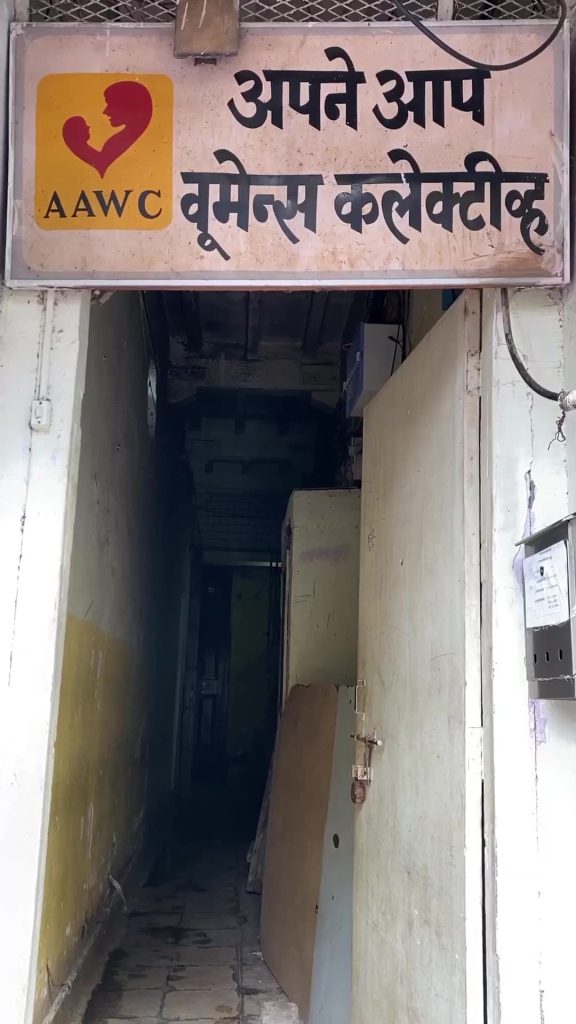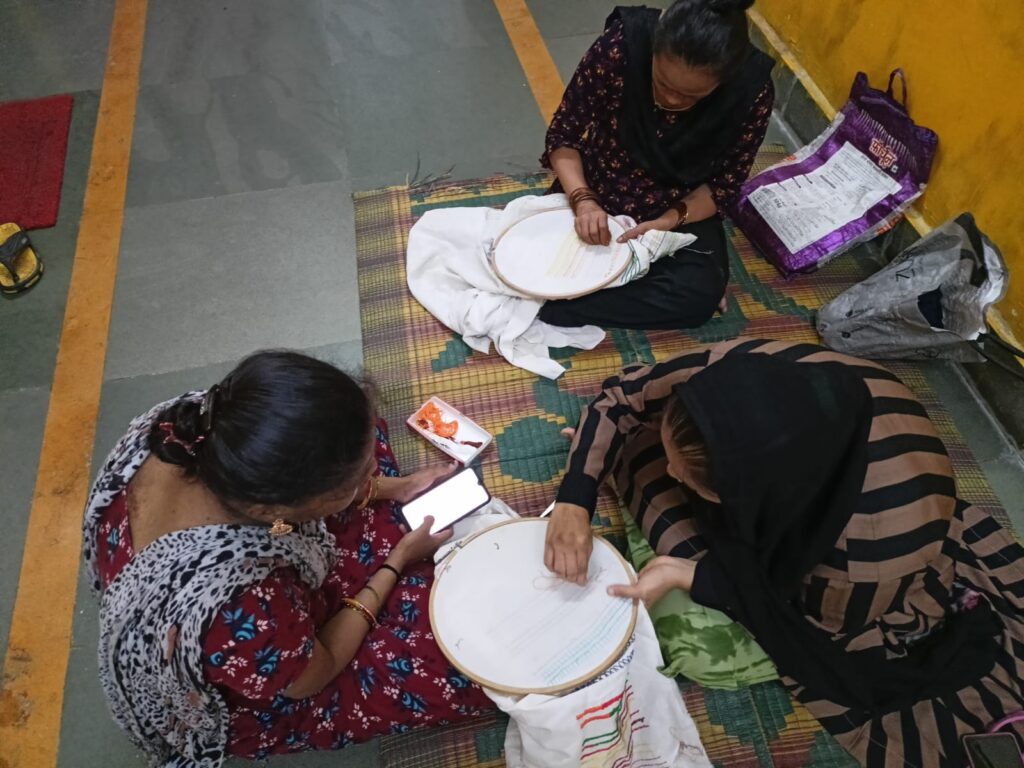"She took the journey From despair to hope, Shhh Shh... slow down, She is learning to cope, New breaths of trust Strengthen her lead She reigns over life With her newfound Umeed" (Her Success Story)
Umeed quite literally translates into hope. Hope for the women in brothel-based prostitution in and around Mumbai. With this program we strive to help women attain physical, psychological and economic wellbeing. We begin the cycle of change at a pace they are comfortable with. We help the women develop coping and earning capabilities so that they can permanently exit the world of prostitution.


Outreach
We begin with identifying potential beneficiaries for Umeed. Our outreach workers gradually build a rapport and inform the women about AAWC's services. After their enrollment in our program, we work with the understanding that the nature of the problems our beneficiaries face, is not merely complex but is also constantly changing. With continued field visits, monthly meetings, area activities and center activities, our outreach workers interact with the aim of better understanding the women's needs. Individual attention, sensitivity and confidentiality is key.


Health
Treatment for STIS, HIV, AIDS, and Tuberculosis is prioritized with utmost urgency. Apart from hospital referrals, subsidized hospital care and medication, daily nutrition supplements, first aid, regular medical camps and health assessments are also provided. We conduct medical camps and health workshops on hygiene, child health, maternal health etc. and every beneficiary receives counseling to address prevailing personal issues like substance abuse, toxic relationships, violence, sexual health, childcare, alternative employment opportunities, etc.

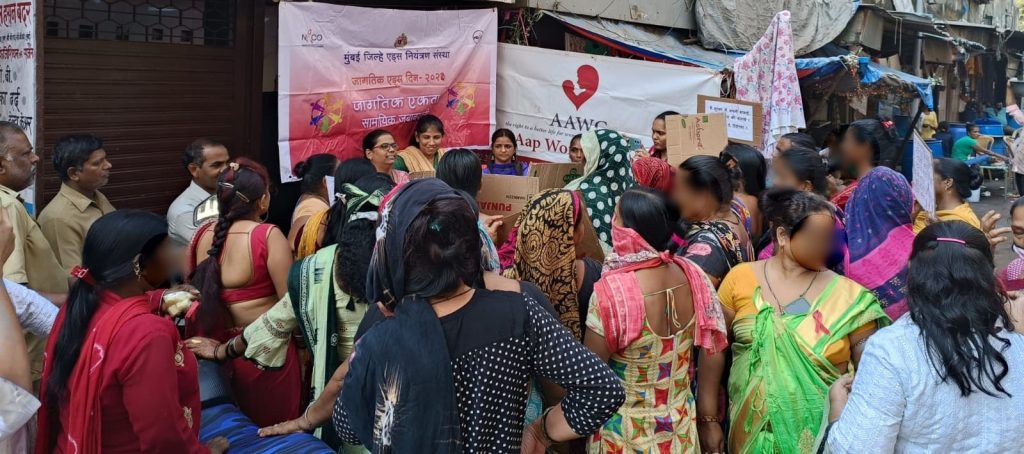
Finance
One of the major obstacles that keep the women stuck in prostitution is their lack of financial literacy. There is no culture of saving in the community, hence the women fall prey to the clutches of long-term debts from money lenders. We instill in them the habit of saving by helping them open and maintain a savings account, educating them about various government schemes and the benefits. We support and hand hold each beneficiary through all bank processes until she gradually learns to independently manage her account and finances.

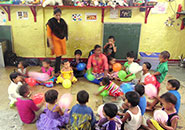
Education
A majority of women beneficiaries of Umeed have been deprived of education. We undertake basic literacy programs (Hindi/English) where they learn alphabets, numbers, small monetary transactions, signing their name and more functional abilities. They are taught how to read time, a board or even a document, so that they are better equipped on their journey towards independence. These literacy workshops are conducted on a daily basis.


Empowerment
To feel empowered a sense of identity is essential. We emphasize on the importance of identity documents in our awareness workshops for the women to take benefits of govt. social welfare schemes and aware of their legal, social and financial rights. They are encouraged and helped to create official identity documents like AADHAR, PAN, Ration Card, and Voters ID. In this program we empower the women with new skill sets through training programs, job placement assistance, exposure visits and vocational training to provide alternative employment options. The women respond positively and continue to learn through our tailoring, mehendi and beauty courses.

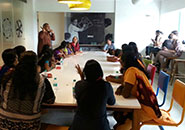
Recreation
Our beneficiaries enjoy community bonding activities as we arrange sight-seeing and picnics for them every year. We celebrate all major festivals, religious days and also secular celebrations like International Women's Day with the women. They eagerly look forward to Umeed's community bonding activities for moments of respite and joy.
